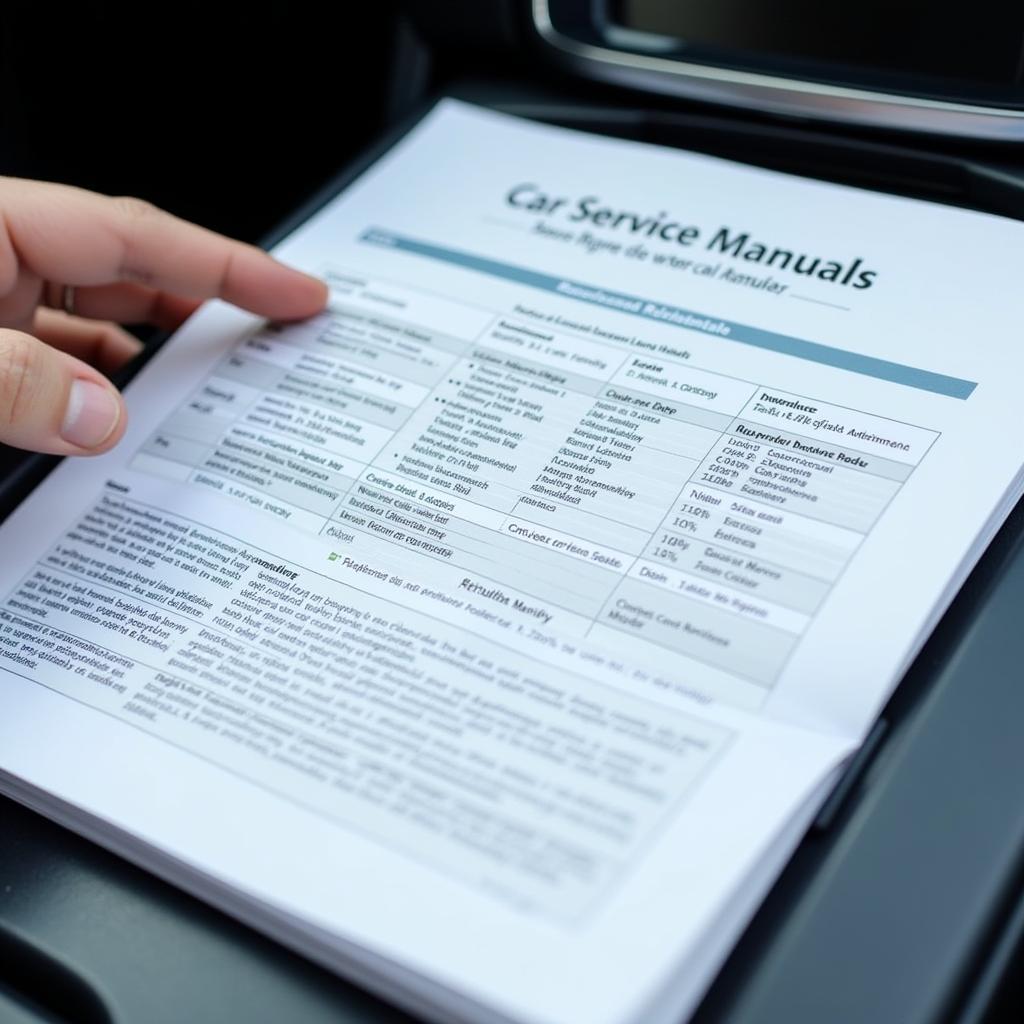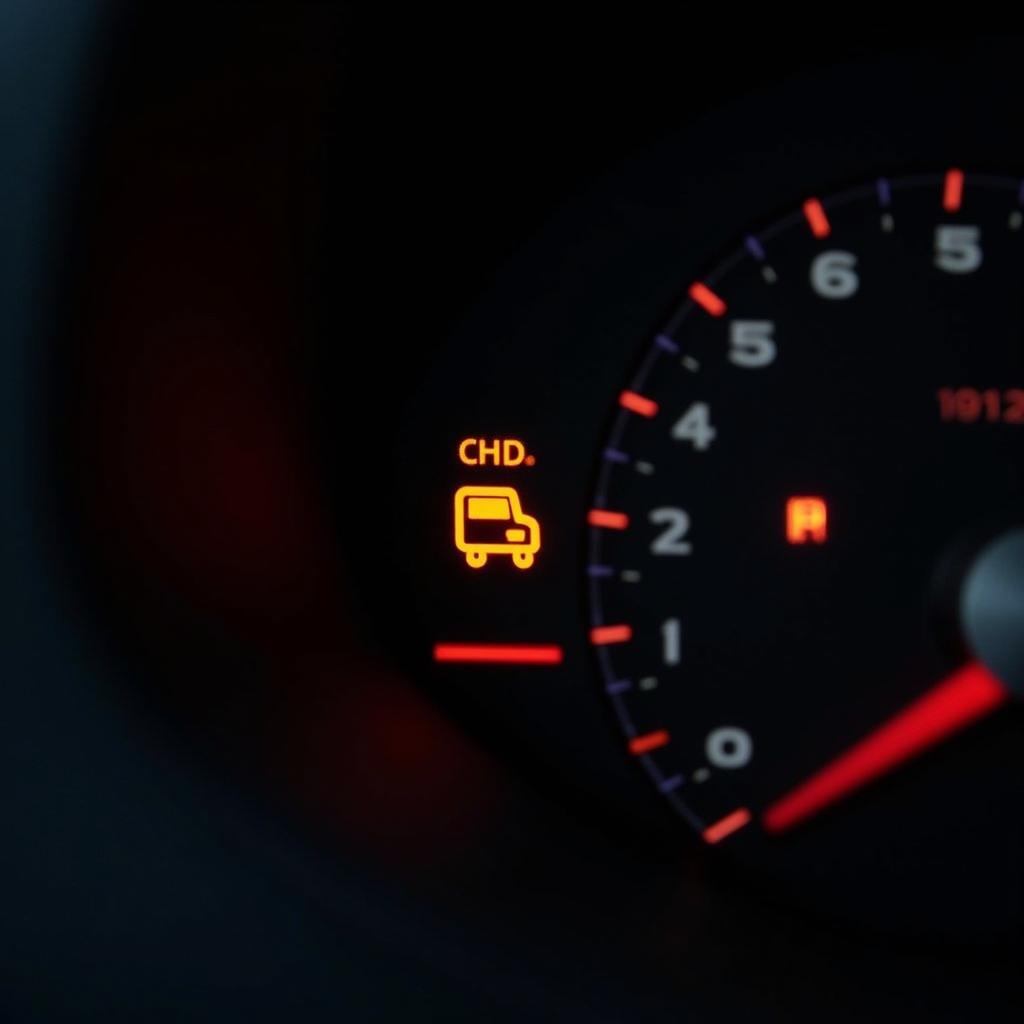How Often Should a Car Be Serviced? The Complete Guide
Maintaining your car with regular servicing is crucial for its longevity, performance, and your safety on the road. But how often should a car be serviced? The answer isn’t one-size-fits-all and depends on several factors, including your car’s make and model, age, mileage, driving conditions, and manufacturer recommendations.
This comprehensive guide will delve into the intricacies of car servicing frequency, providing you with the knowledge to keep your vehicle running smoothly for years to come.
Understanding the Importance of Regular Car Servicing
Before we dive into the specifics of servicing intervals, let’s understand why regular car servicing is non-negotiable:
- Preventing Costly Repairs: Regular servicing helps identify minor issues before they escalate into major problems, saving you from expensive repairs down the line.
- Ensuring Optimal Performance: Servicing ensures all your car’s components work harmoniously, optimizing fuel efficiency, engine performance, and overall driving experience.
- Maintaining Safety: Worn-out brakes, tires, or suspension components can compromise your safety. Regular servicing addresses these issues, keeping you safe on the road.
- Extending Your Car’s Lifespan: Just like our bodies need regular check-ups, cars need servicing to stay healthy. Routine maintenance can significantly extend your car’s lifespan.
Decoding Your Car’s Service Schedule
The most reliable guide to your car’s servicing needs is the manufacturer’s recommended service schedule, detailed in your owner’s manual. This schedule outlines specific service intervals based on mileage or time, whichever comes first.
 Car service schedule in an owner's manual
Car service schedule in an owner's manual
General Servicing Guidelines
While the manufacturer’s schedule is paramount, here’s a general guideline for car servicing:
- Every 3,000 miles or 3 months: This basic service typically includes an oil and filter change, tire pressure check, and fluid top-ups.
- Every 6,000 miles or 6 months: This interim service includes the basic service elements plus a more thorough inspection of brakes, belts, hoses, and other essential components.
- Every 12,000 miles or 12 months: This major service covers all aspects of the interim service plus a comprehensive inspection of the engine, transmission, suspension, and exhaust system.
Expert Insight:
“Following your car’s service schedule is crucial, but being proactive is equally important. If you notice any unusual noises, smells, or performance issues, don’t hesitate to get your car checked by a qualified mechanic.” – John Miller, Certified Automotive Technician
Factors Influencing Car Servicing Frequency
Several factors can influence how often your car needs servicing, including:
- Driving Conditions: Frequent city driving, stop-and-go traffic, extreme weather conditions, and rough terrain can put additional strain on your car, requiring more frequent servicing.
- Driving Style: Aggressive driving habits like hard braking, rapid acceleration, and speeding can accelerate wear and tear, necessitating more frequent maintenance.
- Vehicle Age and Mileage: Older cars or those with high mileage may require more frequent servicing due to natural wear and tear.
 Car dashboard showing high mileage
Car dashboard showing high mileage
Understanding Different Types of Car Services
Car services are broadly classified into:
- Logbook Service: This service strictly adheres to the manufacturer’s recommended schedule, ensuring your warranty remains valid.
- Interim Service: Falling between logbook services, this service offers an additional check-up to address potential issues and keep your car running smoothly.
- Full Service: This comprehensive service covers all aspects of your car’s maintenance, ensuring it’s in top condition.
Signs Your Car Needs Servicing
Beyond the recommended schedule, your car often gives you telltale signs that it’s due for a service, such as:
- Warning Lights on the Dashboard: Never ignore dashboard warning lights, as they indicate potential issues that require immediate attention.
- Unusual Noises: Strange noises like grinding, squealing, knocking, or clunking can signal problems with brakes, belts, suspension, or other components.
- Fluid Leaks: Any fluid leaks under your car should be investigated immediately.
- Decreased Fuel Efficiency: A sudden drop in fuel economy can indicate a problem with the engine, fuel system, or oxygen sensor.
- Vibrations or Pulling: Vibrations in the steering wheel or pulling to one side while driving can indicate problems with tires, alignment, or suspension.
 Car dashboard with a check engine warning light illuminated
Car dashboard with a check engine warning light illuminated
The Cost of Car Servicing
Car servicing costs vary depending on the type of service, your car’s make and model, and the mechanic’s labor rates. However, investing in regular servicing is always more cost-effective than neglecting maintenance and facing major repairs later.
Tips to Maximize the Life of Your Car
- Follow the Manufacturer’s Service Schedule: This is the golden rule of car maintenance.
- Choose a Reputable Mechanic: Look for qualified mechanics with experience servicing your car’s make and model.
- Use High-Quality Parts and Fluids: Using the right parts and fluids can significantly impact your car’s performance and lifespan.
- Address Issues Promptly: Don’t ignore warning signs. Early detection and repair can prevent minor issues from escalating into major problems.
- Drive Responsibly: Avoid aggressive driving habits to minimize wear and tear on your car.
Conclusion
Understanding how often your car should be serviced and adhering to the recommended maintenance schedule are essential for ensuring its longevity, performance, and your safety on the road. By being proactive with your car’s maintenance, you can enjoy peace of mind knowing your vehicle is in top condition, ready to take on your next adventure.
FAQs
1. Is it okay to service my car earlier than the recommended interval?
Yes, servicing your car slightly earlier than the recommended interval is perfectly fine, especially if you frequently drive in harsh conditions or have an older vehicle.
2. What happens if I miss a scheduled car service?
Missing a scheduled service can void your warranty and potentially lead to more expensive repairs in the long run.
3. Can I service my car myself?
While some basic maintenance tasks can be performed at home, it’s always best to leave major servicing to qualified mechanics.
4. How do I choose a good mechanic?
Look for certified mechanics with experience servicing your car’s make and model. Check online reviews and ask for recommendations from friends and family.
5. What are some common car problems that can be avoided with regular servicing?
Regular servicing can help avoid problems with brakes, tires, engine, transmission, and electrical system.
Don’t forget to check out our other informative articles: how often should your car air conditioner be serviced, how often should a low mileage car be serviced, how often should you have your car serviced, how often should a car be log book serviced, how often should i have my car serviced honda.
For personalized advice on your car’s servicing needs, feel free to reach out to our team of experts via WhatsApp at +1(641)206-8880 or email us at [email protected]. We’re available 24/7 to assist you.

